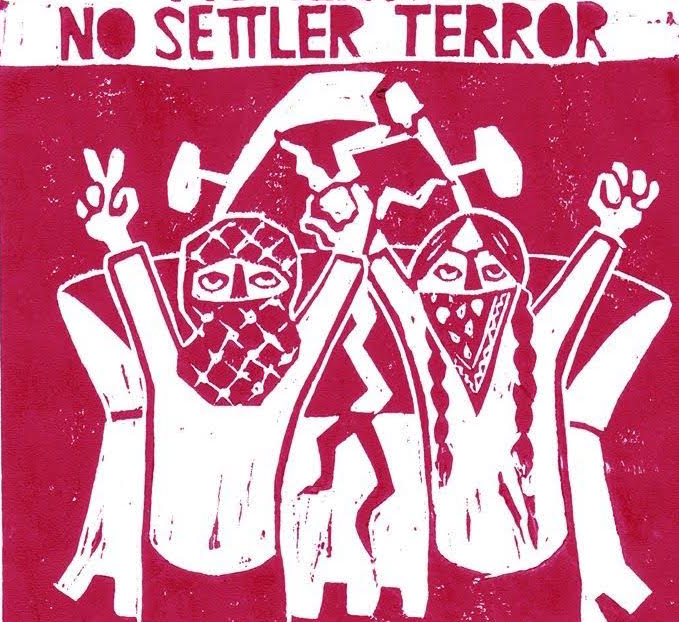When the editors of this dossier asked me to contribute, they suggested I look toward the future of BDS and think about what might await, and what should await, the movement as it moves forward. Where might its activists most usefully focus their energy? What kinds of narratives and strategies should they take up or reject?
It’s an opportune moment to proffer that sort of analysis. BDS has, by any reasonable metric, achieved enormous success. Let’s consider it from the perspective of its presence in discussion around Israel-Palestine since its founding slightly more than a decade ago. BDS has achieved numerous victories in trade unions, scholarly associations, campus governing bodies, and the entertainment industry. Perhaps most surprisingly, it has influenced the cancellation of corporate contracts worth billions of dollars.
BDS has the full attention of the donor class, heads of state, and the legislative bodies of various powerful institutions (universities, corporate boards, governments). It has become the most visible rallying point of the global movement to liberate Palestine. Zionists around the world seek to suppress the movement through criminalization and with increasingly draconian restrictions on speech.
The most important metric by which to measure BDS is positive change in the material conditions of Palestinians. By that metric, no strategy has proved successful on a large scale, but by remembering that it is our primary motivation, rather than treating local victories as ends in themselves, we can keep BDS oriented around the impetus of decolonization.
It is in this context that I want to think about the future of BDS. This task is difficult because of the deterritorialized nature of the movement. No matter how global the movement becomes, specific campaigns will always be the bread and butter of BDS. Some of those campaigns are international, as when a famous performer announces a gig in Tel Aviv, while other are local, as when an SJP chapter pressures dining services to drop Sabra hummus. But no matter the scope and range of an action, it is necessary to remember that BDS isn’t simply an idea, but a collection of interrelated actions that accommodate various strategies and philosophies.
As BDS grows more legible to those who might otherwise shy away from it due to tepid politics or residual sympathy to Zionism, it becomes crucial to reiterate its central principles. Here I don’t mean simply its tenets and procedures, available online for everyone to see. I’m thinking about its presence as a site of principled decolonial activity, and subsequently as something that must oppose any disparity of power based on class, race, gender, religion, sexuality, culture, and nationality.
In other words, it is essential that BDS remain a leftist concern even in the moments when it migrates to the political center. This argument isn’t meant to extol marginalization or romanticize the credibility of being outside the mainstream. I would like BDS to be practiced as widely as possible. The point is to keep BDS anchored to justice rather than allowing it the convenience of uncritical accessibility. It should challenge as well as reward its advocates.
In particular, BDS needs to be attentive to local politics wherever it is practiced. Palestine is the center of the movement philosophically and geographically, but it’s useful—perhaps even morally requisite, if we allow a bit of strictness—to anatomize the spaces in which we work on behalf of Palestine’s liberation.
I raise these arguments fully aware of the BDS movement’s limited resources. Since its inception it has relied on the extraordinary labor of devoted activists. It has no casino-funded budget to tap into. Nobody in the movement has an expense account. And yet precisely because we’ve always worked in conditions that require deep commitment we must demand better than liberal sloganeering from those who participate in BDS campaigns.
In North America, BDS should be more attuned to the wide-ranging and ongoing efforts to decolonize the continent. This means rejecting the apocryphal viewpoint that Native Americans represent the realization of the Palestinians’ worst nightmare—that is to say, complete defeat or disappearance, which isn’t an observable reality but a projection of colonial desire. (That viewpoint, in any case, represents, if only unwittingly, the same set of mythologies we rightly find so distasteful in Zionism.) It is better to put Palestine into conversation with Native liberation struggles and make ourselves useful under their guidance and direction. Cultivating this focus is an ethical imperative because we are performing the work of decolonizing Palestine on ground that is itself colonized.
It is likewise imperative to reject notions of a fundamentally “good” United States corrupted by an intractable Israel. Matters of structural racism, imperialism, and plutocracy, all hallmarks of U.S. society, cannot be fungible to any serious liberation movement. BDS has done well to keep them in play as part of its understanding of Israeli settler colonization. The phenomena of racism, imperialism, and plutocracy aren’t extraneous to Israel’s presence in the world. BDS can offer a useful intellectual presence by continuing to develop internationalist analyses.
The long-term health of the movement, which isn’t coterminous with its growth, relies on its ability to both exacerbate and alleviate the tensions that make Palestine such an important issue around the globe. Its ultimate success will be determined by a simple criterion: can BDS eventually negate the conditions that justify its very existence?


